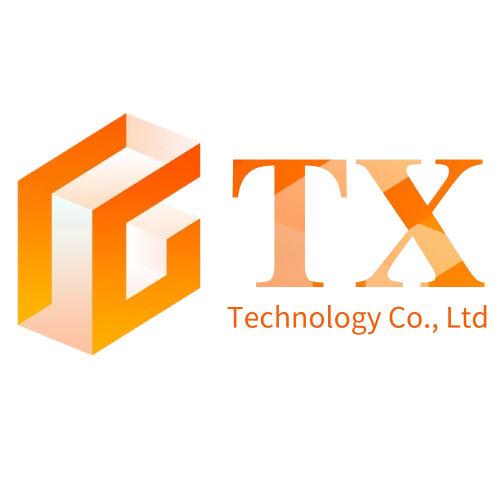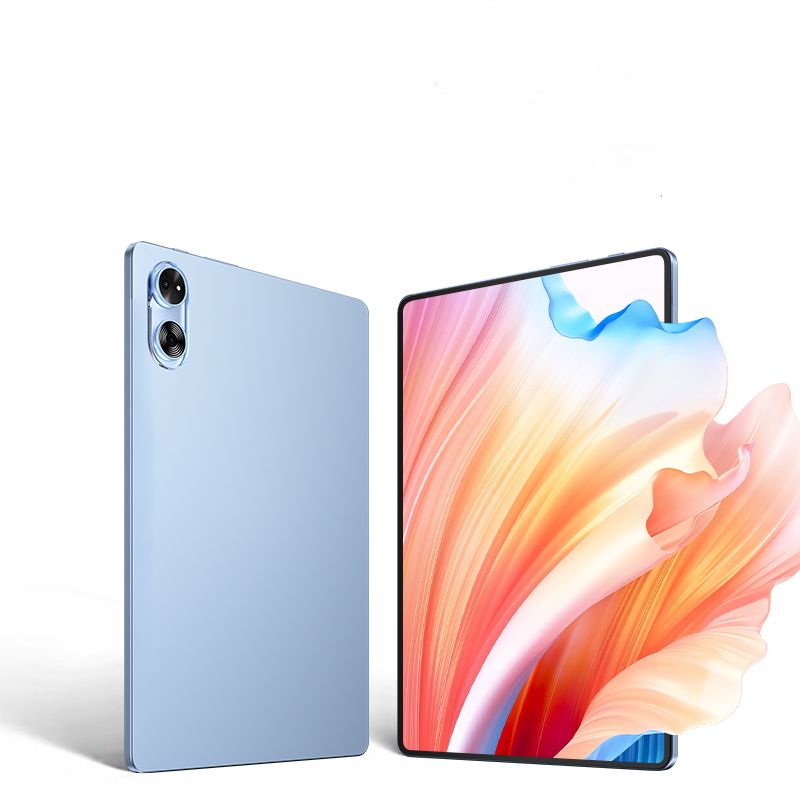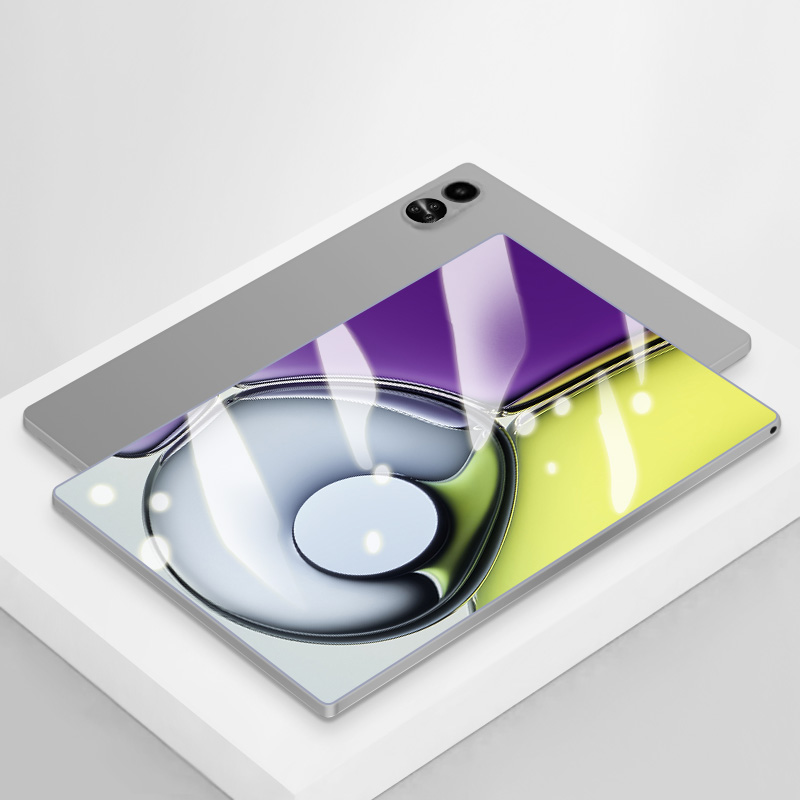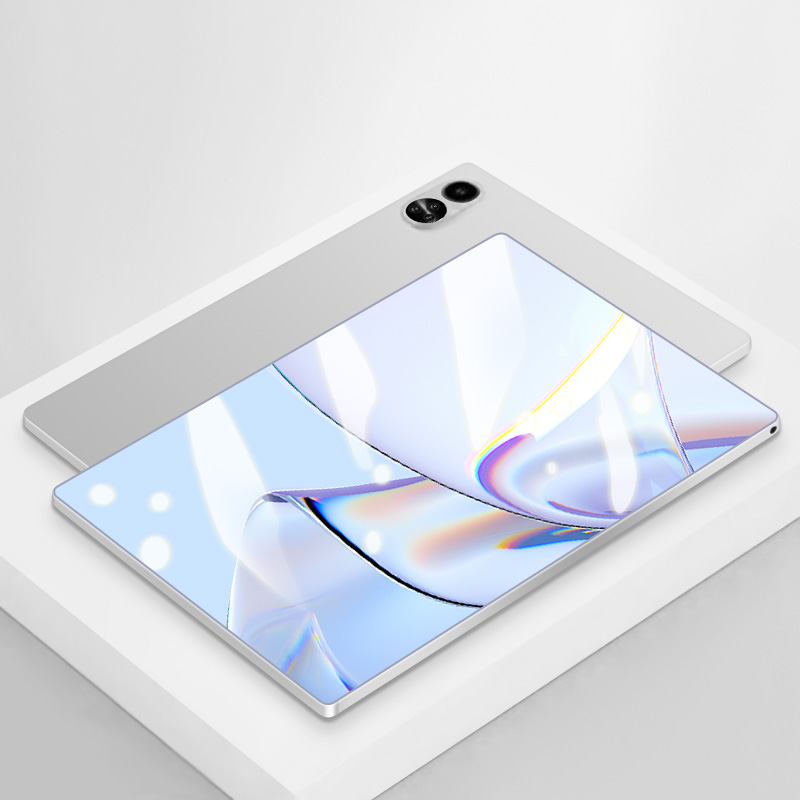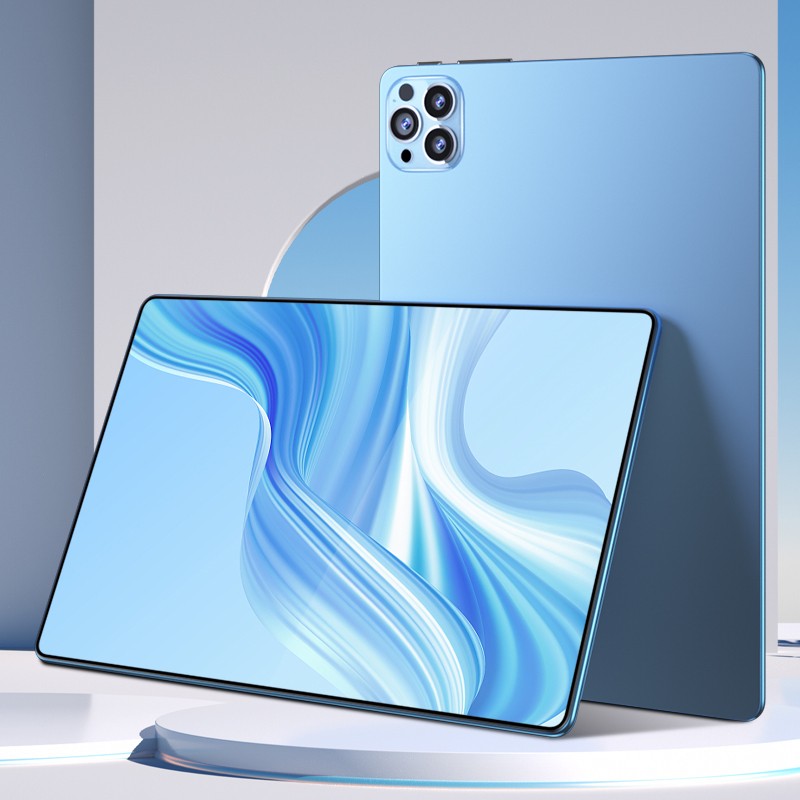How Should You Choose Between a Tablet and a Laptop?
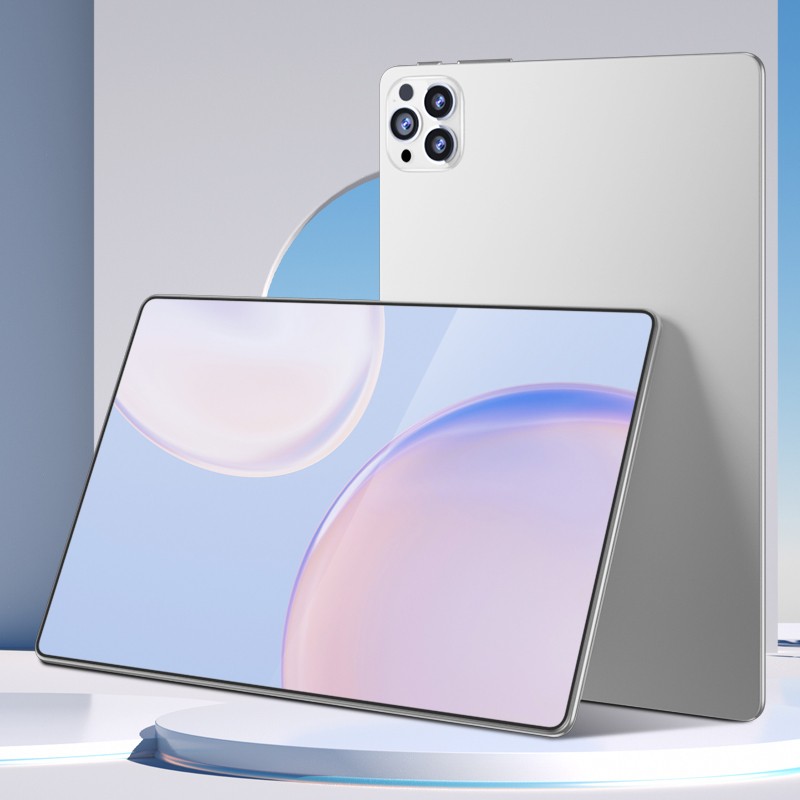
In today’s rapidly evolving technology landscape, electronic devices have become an indispensable part of our daily lives and work. Among these devices, tablets (commonly referred to as tablets) and laptops (often just called laptops) stand out as two major types of portable computing equipment, each holding a significant position in the market with its unique advantages. However, for many consumers, choosing between a tablet and a laptop can be a challenging decision. This article will analyze the differences between tablets and laptops from various dimensions, helping you understand these differences and make an informed choice based on your needs.
1. Form Factor and Portability
First, in terms of form factor and portability, tablets are renowned for their thin and lightweight design. They typically feature a touchscreen, are compact in size, and are very easy to carry, making them ideal for mobile work, leisure, and travel. They can usually fit easily into a backpack or handbag without being a burden during travel. In contrast, while laptops also offer some degree of portability, they are generally larger and heavier than tablets. Therefore, for those prioritizing extreme portability, a tablet is undoubtedly the better choice.
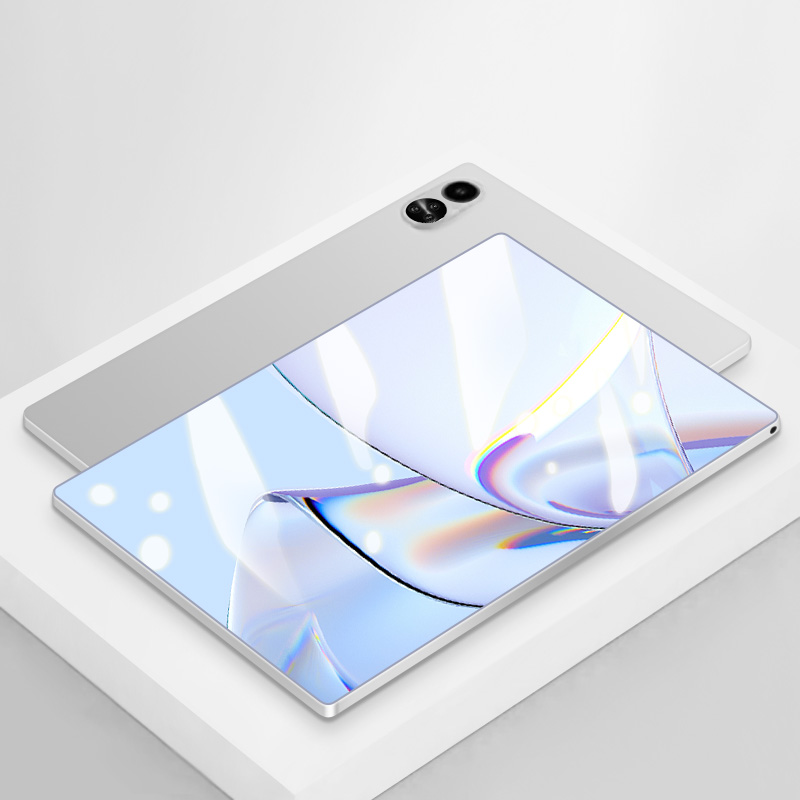
2. Operating System and Software Ecosystem
The operating system is a key factor that differentiates tablets from laptops. Currently, the android tablet market is primarily dominated by two operating systems: Apple’s iOS and Google’s Android. iOS is known for its closed but highly optimized ecosystem, offering a rich array of applications and a smooth user experience; Android, on the other hand, is more open, supporting diverse hardware configurations and customizable system interfaces. Laptops, meanwhile, almost exclusively use Windows or macOS operating systems, which have more comprehensive software ecosystems capable of running a wide range of professional software, large games, and complex office applications to meet diverse usage needs.
3. Performance and Multitasking Capability
When it comes to performance and multitasking capabilities, laptops generally have the upper hand. Due to their larger cooling spaces, more powerful processors, and richer memory configurations, laptops can handle high-load tasks such as video editing, 3D rendering, and large-scale gaming with ease. Additionally, the keyboard and mouse (or touchpad) interface on laptops make multitasking more efficient and convenient. In contrast, while touchscreen tablets also have some processing power, they often struggle with high-load tasks and their touchscreen interface has limitations when it comes to multitasking and complex operations.
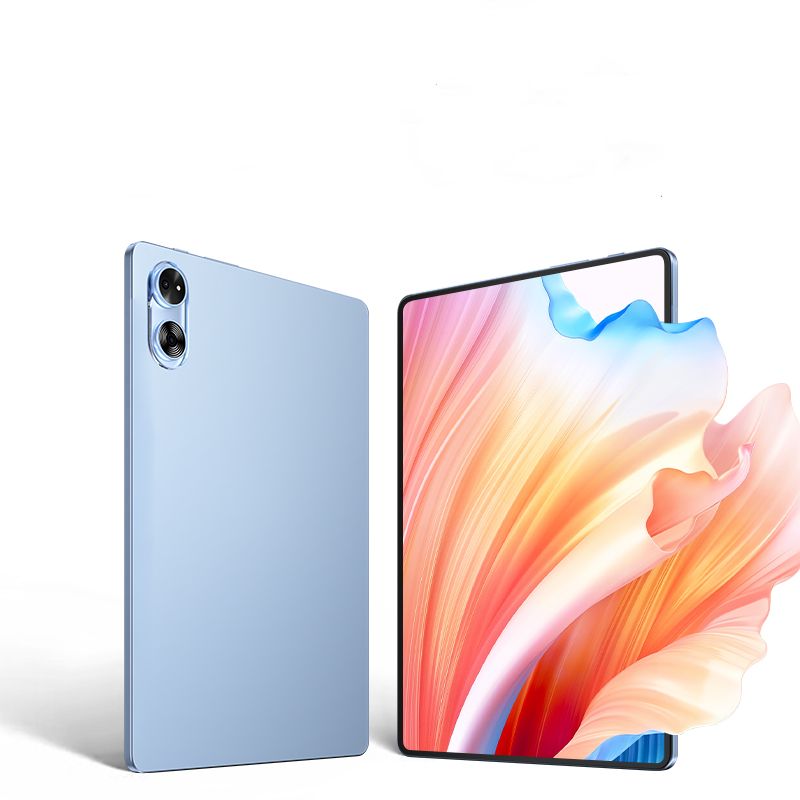
4. Display Quality and Touch Experience
Tablets often outperform laptops of the same price range in terms of display quality and touch experience. Touchscreen tablet typically feature high-resolution, high-color-gamut screens that provide more detailed and true-to-life visuals. Their touchscreen design allows users to interact directly with their fingers or a stylus, offering a more intuitive and convenient human-computer interaction experience. Although laptops can also support touch functionality through external touchpads or touchscreens, the overall experience still falls short compared to that of tablets.
5. Application Scenarios and Needs
Ultimately, the choice between a tablet and a laptop should be based on personal application scenarios and needs. If you need a portable device suitable for leisure and light office tasks, a tablet is undoubtedly a better choice. It not only meets daily needs such as browsing the web, watching videos, reading e-books, and light office work but also offers additional functionalities through a wide range of applications. On the other hand, if your work or study involves handling large amounts of data, running professional software, performing complex design tasks, or gaming, a laptop is more appropriate. Its powerful performance and comprehensive software ecosystem ensure efficient task completion and a richer digital experience.
